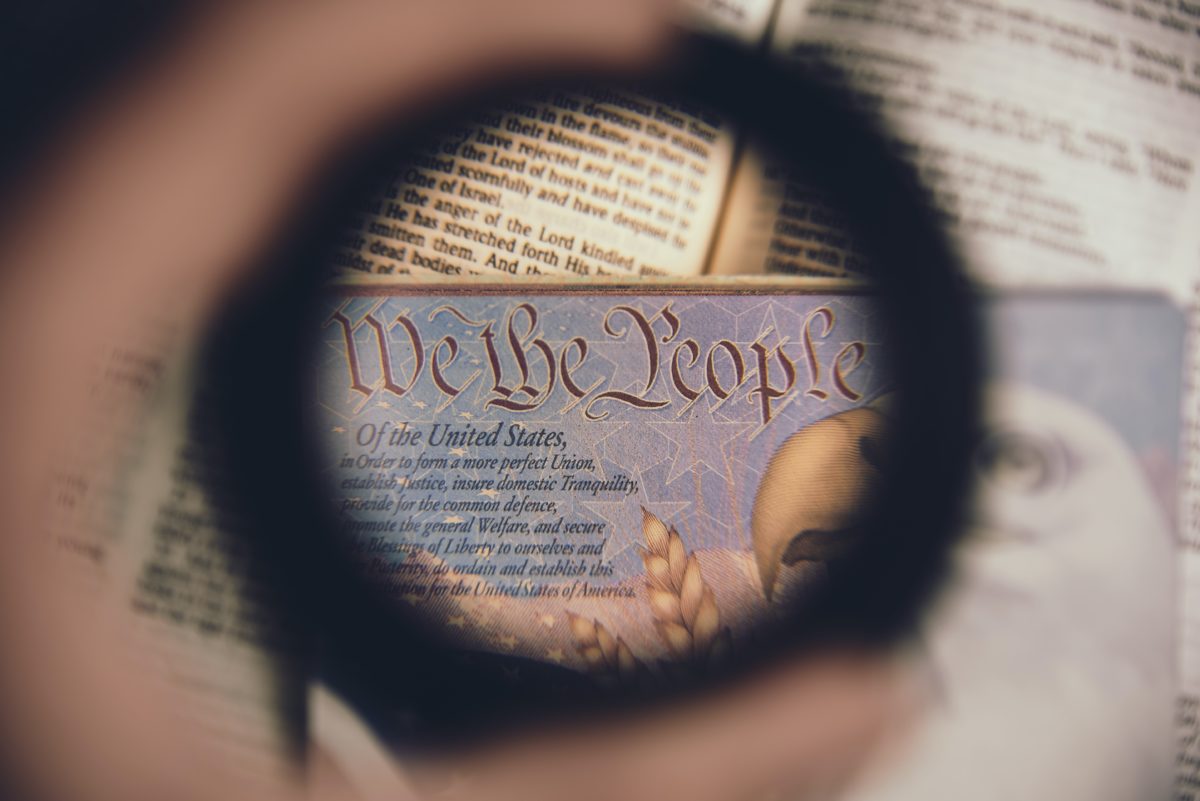

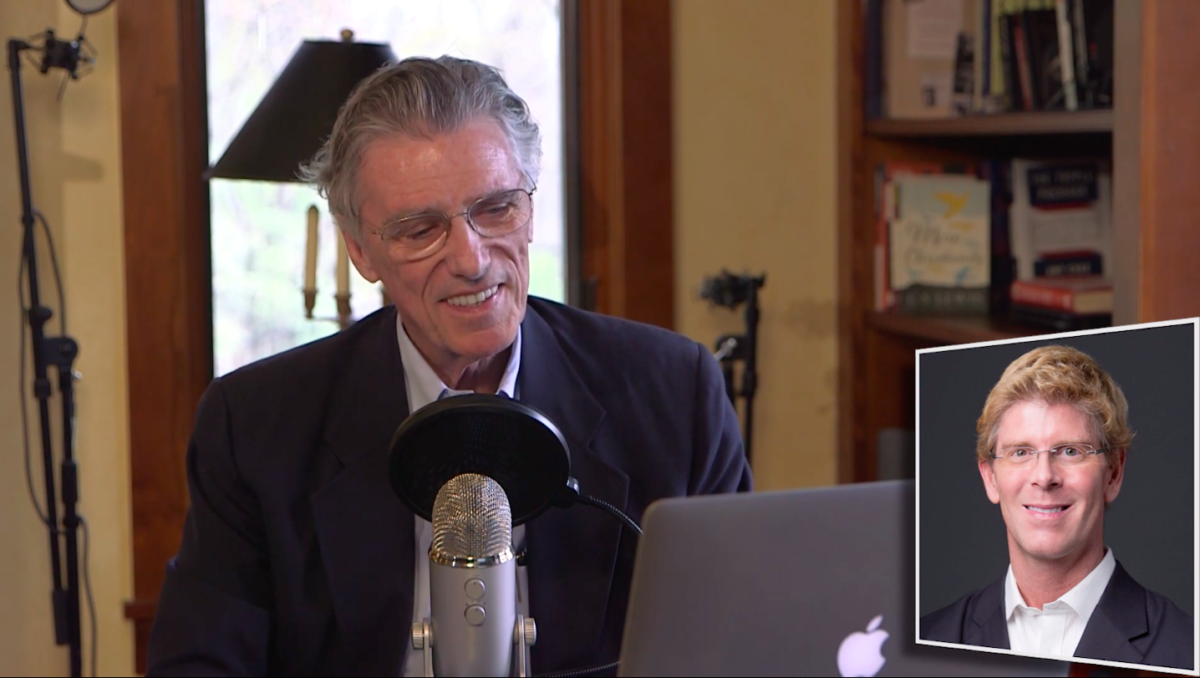
Bill Walton and Jay Richards Discuss the Economic and Health Crisis Created By COVID-19
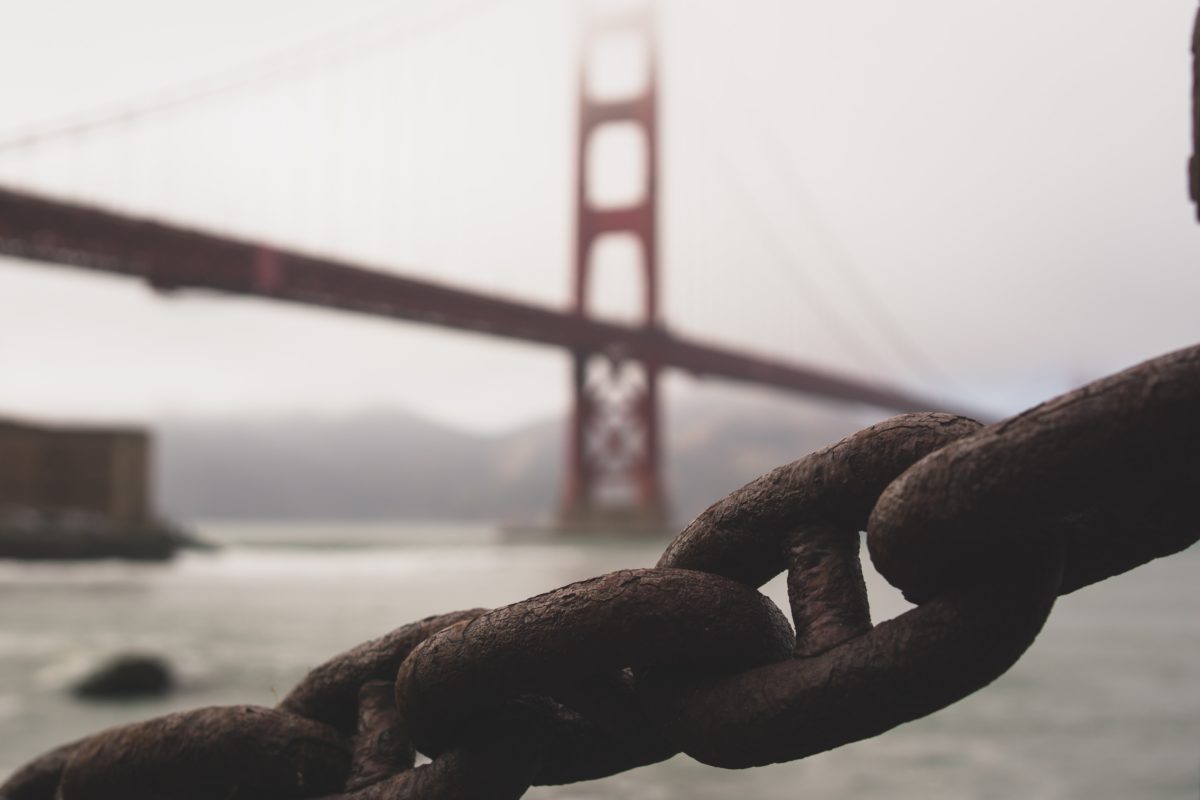
Chaos by the Bay

A Rorschach Epidemic
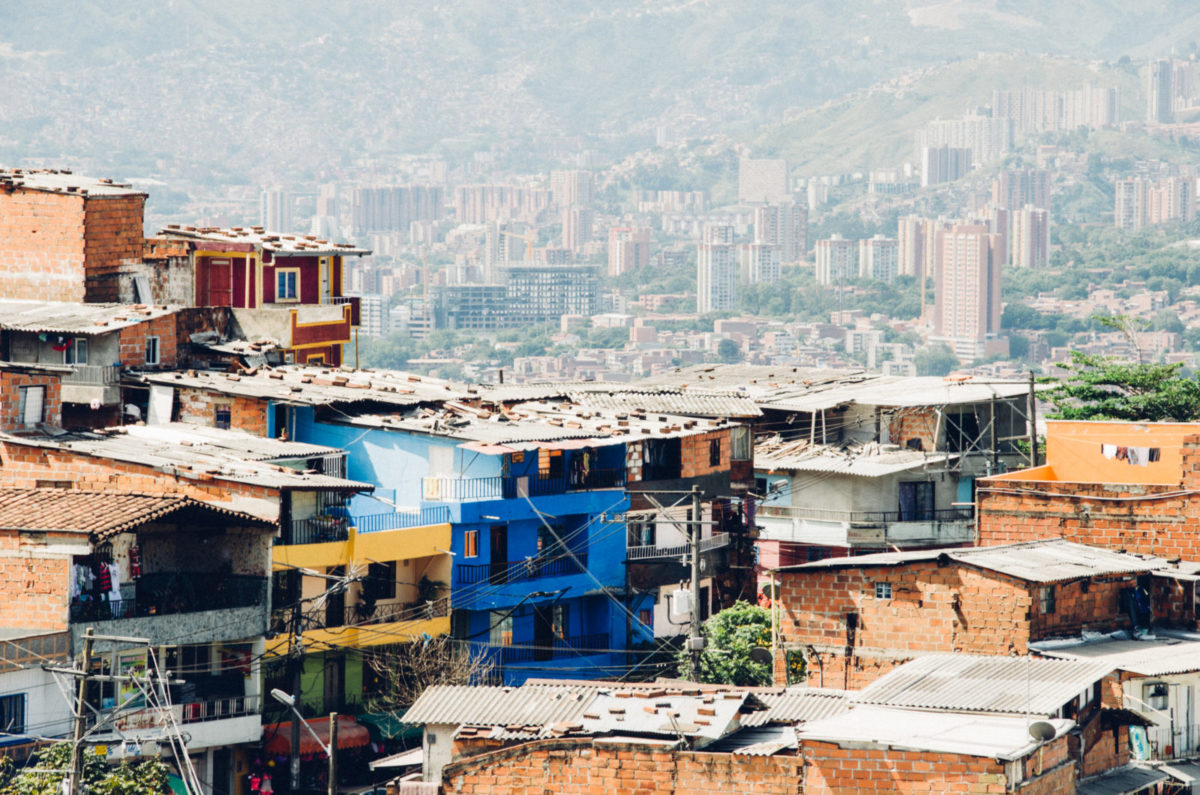
The New Favelas
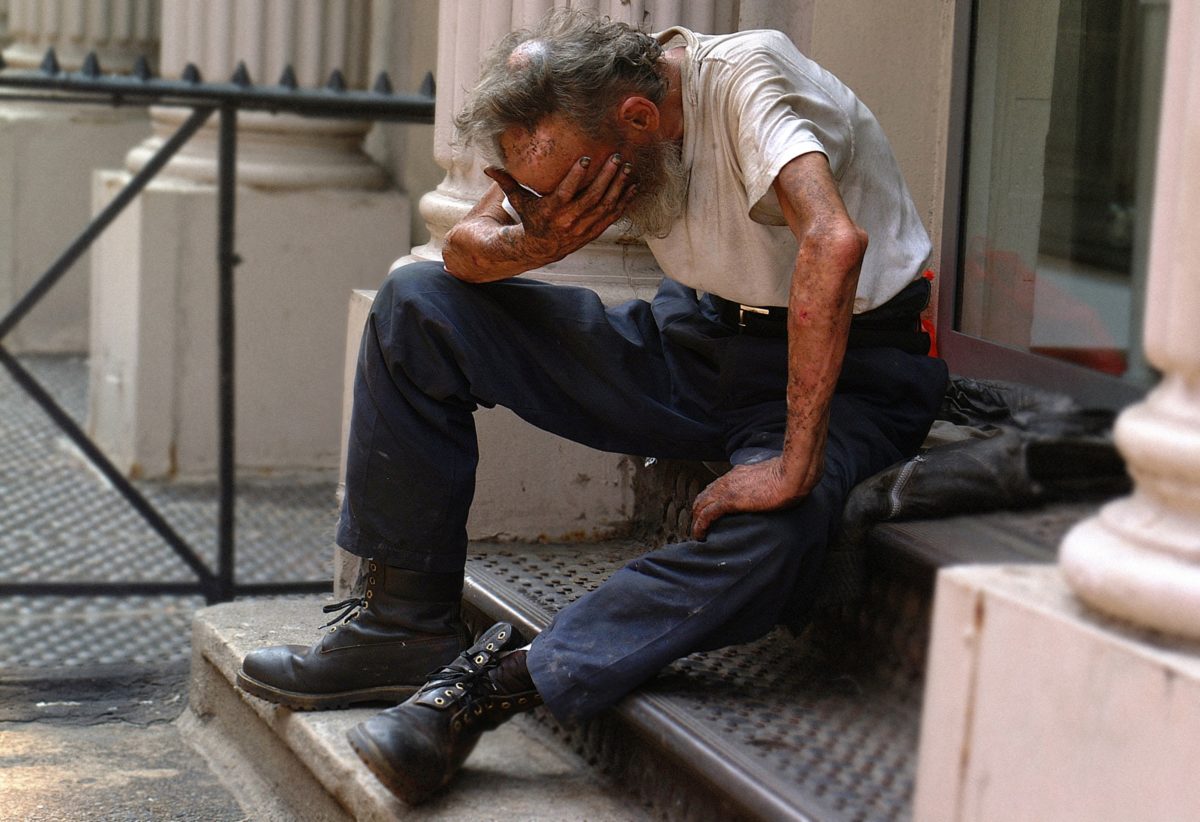
Coronavirus Exposes How West Coast Progressives Failed the Homeless
The coronavirus has changed almost every facet of American life. It has disrupted work routines, sent children home from school, and stress-tested the global supply chain.
Medical researchers have warned for weeks that the new coronavirus, which causes the disease COVID-19, is particularly dangerous to seniors and those with underlying health conditions.
But in West Coast cities such as Seattle, San Francisco, and Los Angeles, public authorities are quickly discovering another potential tinderbox for infection: homeless encampments.
This has caused significant political discomfort. Three weeks ago, when Seattle radio host Jason Rantz warned about the potential for an outbreak within homeless encampments, progressive activists slammed him as a “fascist” hoping to set up concentration camps for the most vulnerable.
Read More ›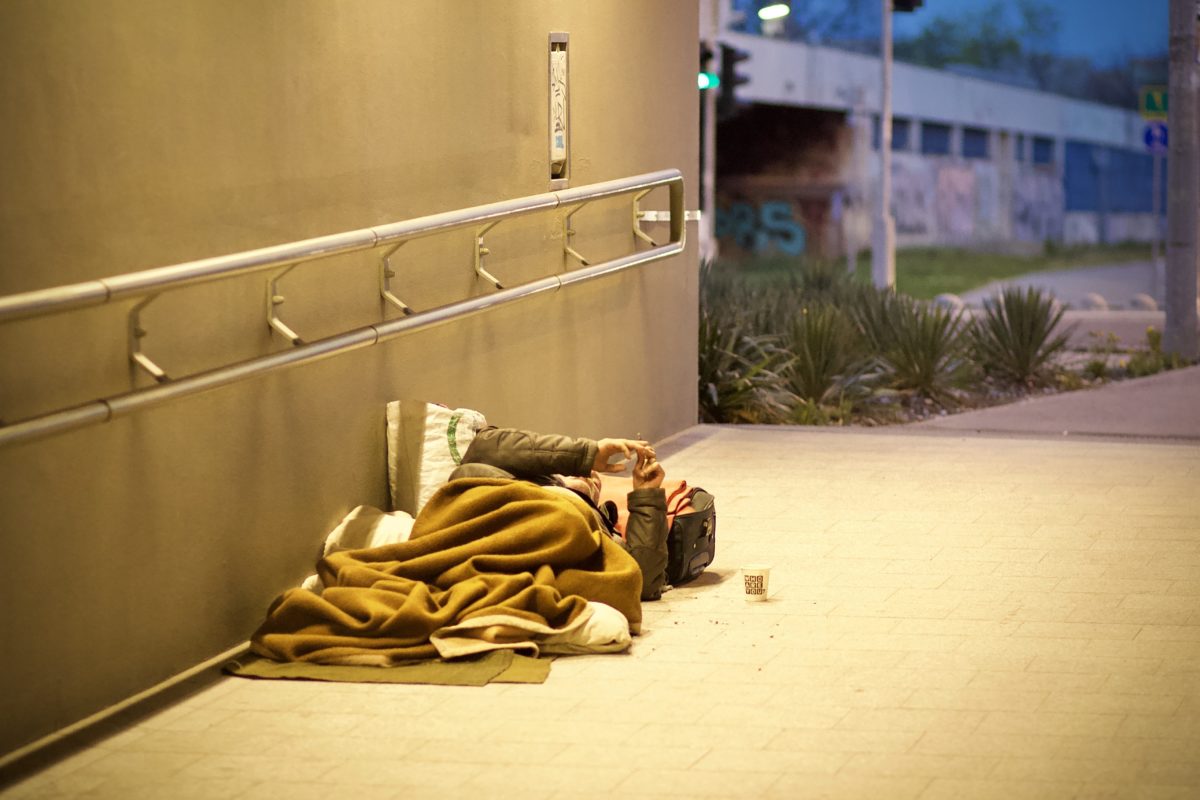
Plot Twist
In recent years, discussion about homelessness has been circumscribed around a set of premises acceptable to progressive opinion. The homeless were thrown onto the streets, we’re told, because of rising rents, heartless landlords, and a lack of economic opportunity. Activists, journalists, and political leaders have perpetuated this line of reasoning and, following it to its conclusion, have proposed investing billions in subsidized housing to solve homelessness.
But new data are undermining this narrative. As residents of West Coast cities witness the disorder associated with homeless encampments, they have found it harder to accept the progressive consensus—especially in the context of the coronavirus epidemic, which has all Americans worried about contagion. An emerging body of evidence confirms what people see plainly on the streets: homelessness is deeply connected to addiction, mental illness, and crime.
Read More ›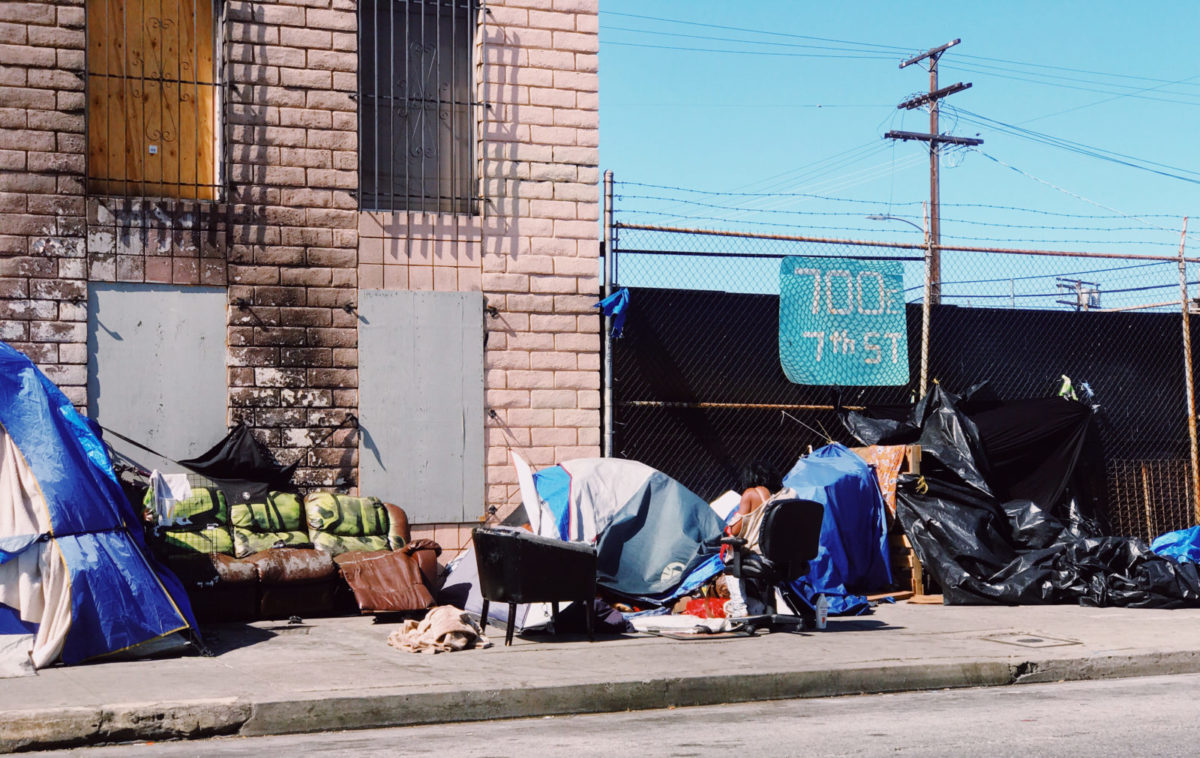
The Moral Crisis of Skid Row
They call Los Angeles the City of Angels, but it seems that even here, within the five-by-ten-block area of Skid Row, the city contains an entire cosmology — angels and demons, sinners and saints, plagues and treatments.
Walking down San Pedro Street to the heart of Skid Row, I see men smoking methamphetamine in the open air and women selling bootleg cigarettes on top of cardboard boxes. Around the corner, a man makes a drug transaction from the window of a silver sedan, a woman in an American-flag bandana flashes her vagina to onlookers, and a shirtless man in a bleached-blond woman’s wig defecates behind a parked police car. Slumped across the entryway of an old garment business, a shoeless, middle-aged junkie injects heroin into his cracked, bare feet.
Skid Row is the epicenter of L.A.’s addiction crisis. More than 12,000 homeless meth and heroin addicts pass through here each year, with thousands living in the vast network of tent encampments that line the sidewalks. For decades, L.A. has centralized public services in this tiny city-within-a-city. The result: it’s become an iron cage of the social state, with the highest concentration of homelessness, addiction, and overdose deaths in Los Angeles County. Fire Station 9, which covers Skid Row, is now the busiest firehouse in America, responding to 35,518 calls for service last year, including a record-high number of overdoses and mental-health crises.
Read More ›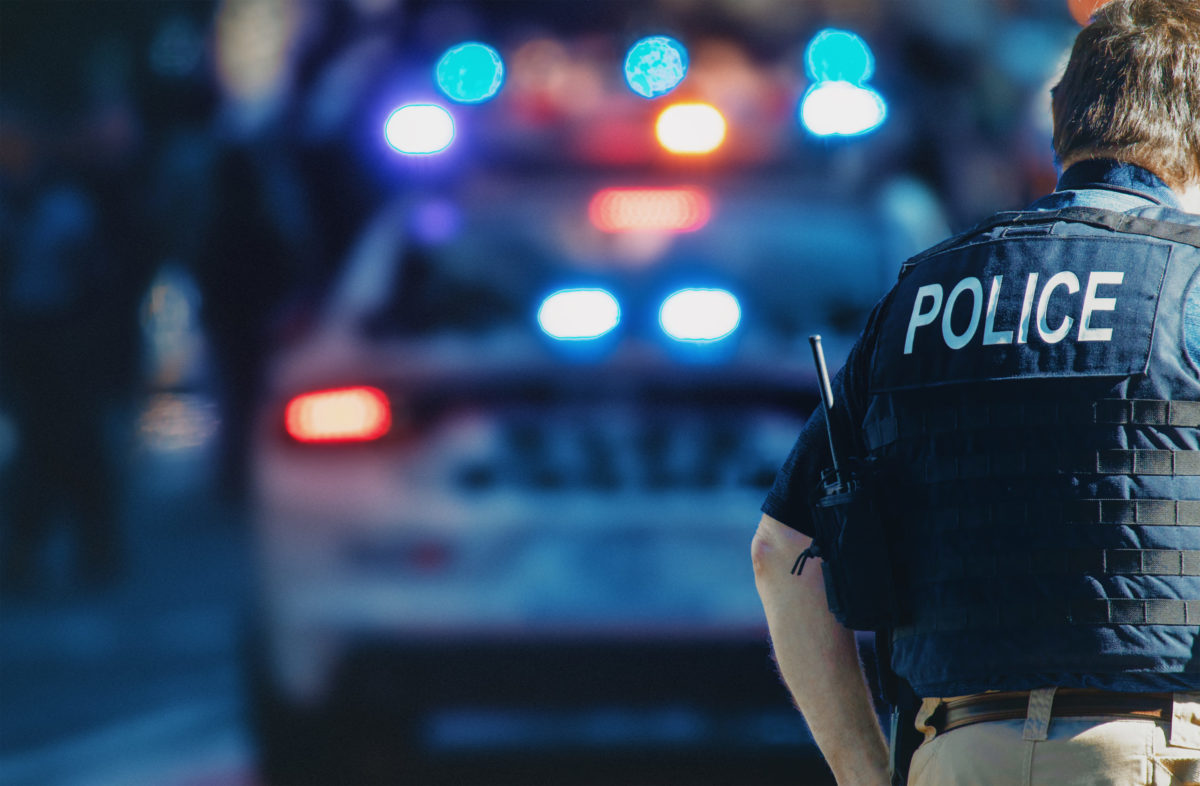
Abolish the Police?
The latest call to action from some criminal-justice activists: “Abolish the police.” From the streets of Chicago to the city council of Seattle, and in the pages of academic journals ranging from the Cardozo Law Review to the Harvard Law Review and of mainstream publications from the Boston Review to Rolling Stone, advocates and activists are building a case not just to reform policing — viewed as an oppressive, violent, and racist institution — but to do away with it altogether. When I first heard this slogan, I assumed that it was a figure of speech, used to legitimize more expansive criminal-justice reform. But after reading the academic and activist literature, I realized that “abolish the police” is a concrete policy goal. The abolitionists want to dismantle municipal police departments and see “police officers disappearing from the streets.”
One might dismiss such proclamations as part of a fringe movement, but advocates of these radical views are gaining political momentum in numerous cities. In Seattle, socialist city council candidate Shaun Scott, who ran on a “police abolition” platform, came within 1,386 votes of winning elected office. During his campaign, he argued that the city must “[disinvest] from the police state” and “build towards a world where nobody is criminalized for being poor.” At a debate hosted by the Seattle Police Officers Guild, Scott blasted “so-called officers” for their “deep and entrenched institutional ties to racism” that produced an “apparatus of overaggressive and racist policing that has emerged to steer many black and brown bodies back into, in essence, a form of slavery.” Another Seattle police abolitionist, Kirsten Harris-Talley, served briefly as an appointed city councilwoman. Both Scott and Harris-Talley enjoy broad support from the city’s progressive establishment.
Read More ›
Progressives Gone Wild
Homelessness in Seattle has reached a crisis point. Despite more than $1 billion in public and private spending across King County, more people live on the streets than ever before (a problem that will likely get worse, following the Supreme Court’s refusal to address the legality of public camping). But rather than focus on the causes of homelessness — addiction, mental illness, and social breakdown — progressives in local government have waged war against abstract forces of oppression.
Last week, the leaders of the homelessness response in Seattle and King County hosted their annual conference under the theme of “Decolonizing Our Collective Work.” According to the organizers, the government’s primary responsibility in reducing homelessness is to “[interrogate] the current structures of power” and “examine the legacies of structural racism in our systems, and co-design a path towards liberation with black, indigenous, brown and other marginalized communities.”
The executive director of King County’s homelessness program, Kira Zylstra, used taxpayer funds to hire a transgender stripper to perform during the conference’s “cultural presentation” hour. According to the Seattle Times, the stripper, Beyoncé Black St. James, “danced topless in a sheer bodysuit, gave lap dances and kissed attendees.” The audience — representatives from the region’s taxpayer-funded nonprofits and government agencies — clapped, cheered, and handed St. James dollar bills.
Read More ›